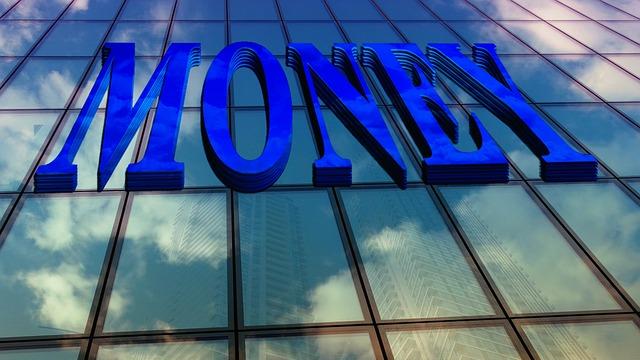 Finance & Economics
Finance & EconomicsFinance & Economics
The Energy Efficiency Financial Institutions Group (EEFIG) will soon publish its final report from an expert working group on accelerating consumer demand. Driving consumer demand will require commitment by all stakeholders in order to give priority to implementation, implementation and more implementation. It will be important to create a dialogue with all the stakeholders. There are good solutions to accelerate consumer demand, says Rod Janssen, co-lead of the working group and president of EEIP. But driving consumer demand requires commitment by all stakeholders.
Read Full articleWhat are green loans and how are they linked to the EU Taxonomy Regulation?
The EU Taxonomy Regulation aims to provide clear and consistent criteria for identifying environmentally sustainable activities. In addition, the EU Taxonomy Regulation also requires financial market participants to report on the environmental sustainability of their investments, one of the reasons why green loans are becoming more popular.
Read Full articleEnergy efficient industrial pump systems: market potential, success factors and financing options
The market for energy efficient pump systems in industry is expected to reach $16.3 billion by 2025. The market is highly competitive, with a number of companies offering a wide range of products and services.
Read Full articleTransforming Europe’s Social Housing: Survey on Energy Efficient Refurbishment Strategies
SUPER-i survey is an online survey aimed at collecting insights on the current state of the energy-efficient refurbishment of social housing stocks in Europe. Results will identify areas for improvement, enable benchmarking of energy efficiency performance, and inform decision-making processes at various levels.
Read Full articleRiding the Green Wave: The Meteoric Rise of Sustainability-Linked Bonds
The market for sustainability-linked bonds hit the $100 billion mark in 2021. This growth rate is significantly faster than that of green bonds, which took almost six years to reach the same market size.
Read Full articleMake or break for EU Industry
The Energy Efficiency Financial Institutions Group (EEFIG) has just published its final report from its working group on industry. It is a wake-up call that action needs to be taken urgently. Europes industry must decarbonise to unprecedented levels at a high pace.
Read Full articleHow to generate long-term value creation through operationalisation of sustainability data
A lack of effective and automated tools is holding firms back from properly collecting and sharing data. Sustainability data should be of high quality, auditable, transparent, comparable, screened for errors and data gaps. Firms should strongly consider optimizing their data to generate actionable insights.
Read Full articleEnergy transition investment in Emerging Markets and Developing Countries
Emerging markets and developing economies (EM&DEs) account for nearly half of the total global greenhouse gas emissions. The volume of capital currently being deployed to transition these countries to lower-carbon sources of energy is insufficient given the size of the climate challenge.
Read Full articleHow to finance industrial decarbonization
It will be essential to decarbonize industry. Debt financers, particularly banks, do not consider energy-efficient industrial equipment as an attractive lending proposition. Public-funded unsecured subordinated debt financing could be used to help.
Read Full articleKey role for Venture Capital in industrial decarbonization
Industrial decarbonization will require massive amounts of capital investment over the next 30 years. Venture capitalists believe there are significant returns to be made for first movers but also institutional investors and asset managers are in favor of playing a role.
Read Full article








